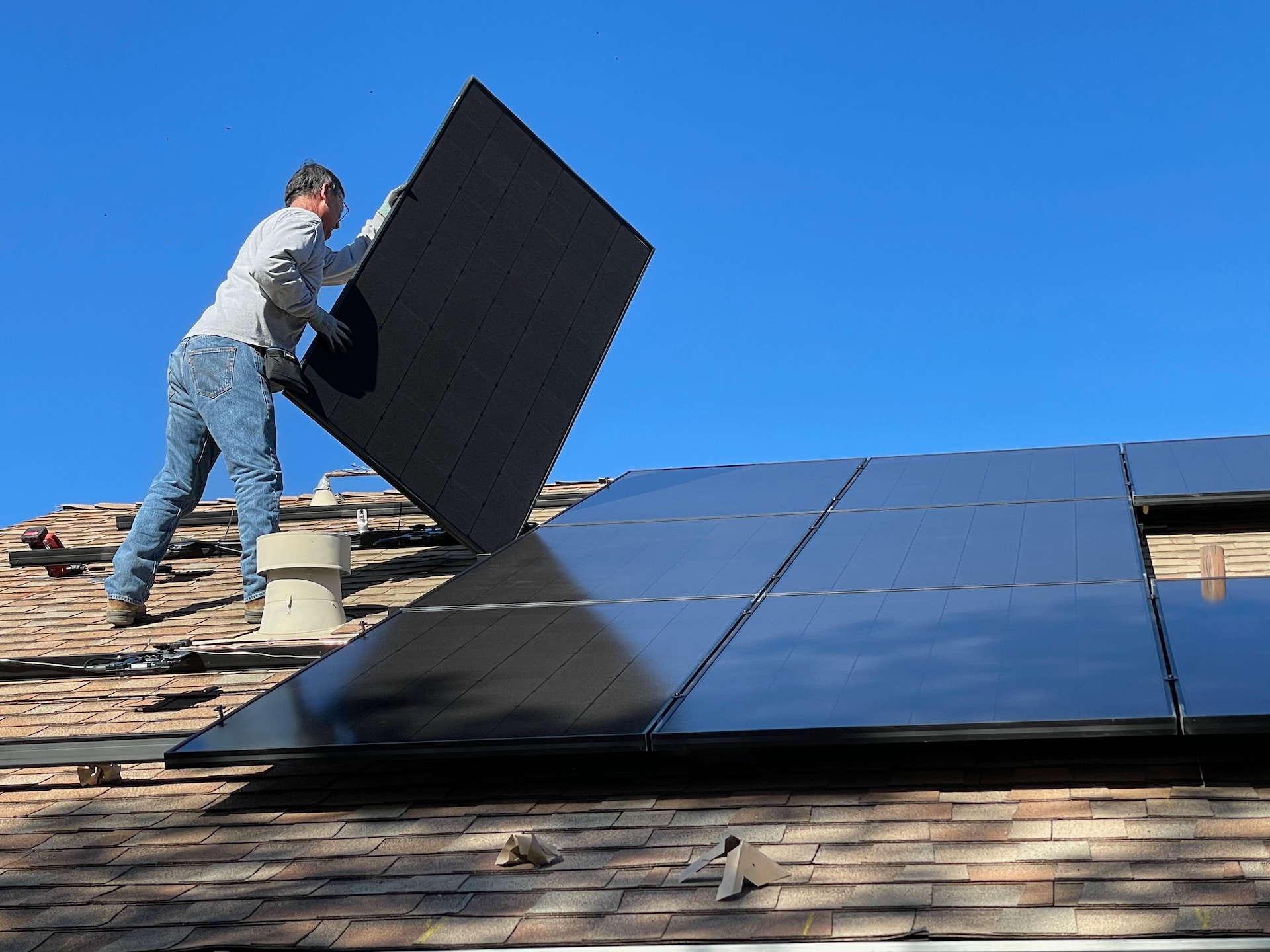Owning a swimming pool is one of life’s treats. Being able to go into your garden in just your swim shorts and jumping in to cool off on a hot summer’s day or even having your friends over for a party is an amazing feeling. They’re an investment and aren’t necessarily cheap to run which is why it’s best to do everything you can in order to keep your pool looking it’s best and also safe to swim in. Here we take a look at a few tips and tricks to extend the lifespan of your swimming pool.
Keeping It Clean
It’s safe to say that one of the most important steps in elongating your swimming pool’s life is ensuring that it’s kept clean at all times. The idea schedule is very much based on how often you use the pool. Swimming alone once or twice a week won’t require as much cleaning as if you were to hold weekly pool parties with all your friends.
Even so, it’s best to maintain a regular schedule in regards to maintenance. The majority of cleaning tasks for heavy pool users that are done weekly can be done every two weeks by those that don’t use their pool too often. Cleaning isn’t just taking the leaves off the top of the water, it includes adjusting the chemicals in the water, ensuring the pH balance is at a good level, and also maintaining the bottom, the sides, and the filtration system.
It’s important to get rid of the debris before doing anything else, a net or skimmer will do the job nicely. Then it’s onto the cleaning side. Make sure you’re using the right products when cleaning the sides and the bottom, acid washes can reduce your pool lifespan which goes against the main aim of cleaning it. It can also upset the pH balance of the water which will cause issues in the future if you don’t keep on top of it.
Keep The Chemical Balance Stable
Not only is keeping the pH balance of the pool essential for a long pool lifespan, but it’s also hugely important for the safety of those swimming in it. Sure, it might feel like you’re a scientist whilst looking at the chemicals, but once you learn the ins and outs of what needs to be done you’ll be away. There will be some form of trial and error when getting your pool’s chemical balance perfect and that’s to be expected. Don’t get frustrated or feel as though it’s impossible. Keep note of everything you’ve been doing so you can revisit to see what works and what doesn’t.
The chemical balance in the pool is important because it helps prevent bacteria and algae from forming and growing in your swimming water. Have you ever seen a swimming pool that looks green? That’s a pool that hasn’t been looked after, it’s full of all sorts!
Chemical levels in a pool tend to always be around the same. Chlorine should be below 1ppm (parts per million) and alkalinity should be below 90ppm. These tests should be conducted regularly and as stated before, keep a note of everything. It will help you with how much or how little to add to your pool in the future.
Shock treatments happen when your swimming pool is really dirty. We use the term shock because it involves using a large amount of chlorine in one go. Shocking a pool removes all the irritants in the water that make it go cloudy with a strange smell. It’s good to note that this might need to happen after heavy rain or high temperatures.
Keeping Up With Repairs
To really extend the lifespan of your pool you need to keep an eye out for any repairs that might need doing. Much the same with any problems in the home, a small problem can become pretty big very quickly if not addressed immediately.
A tear in the pool lining or a filter not working quite the way it should is enough to spring into action. Try and fix it as soon as you can to avoid calling out any kind of pool specialist. The sooner you fix the cheaper it will be. Large repairs tend to be far more expensive.
If you’re trying to keep your pool alive for years to come then it’s going to require some effort. They aren’t something you can have and just forget about. Get into a cleaning routine that you follow strictly and ensure your pool is free from any damage. The best bit of advice is keeping a pool notebook, write everything down in it that you can refer back to. You’ll be thankful in the future knowing everything has been recorded.






Leave A Comment